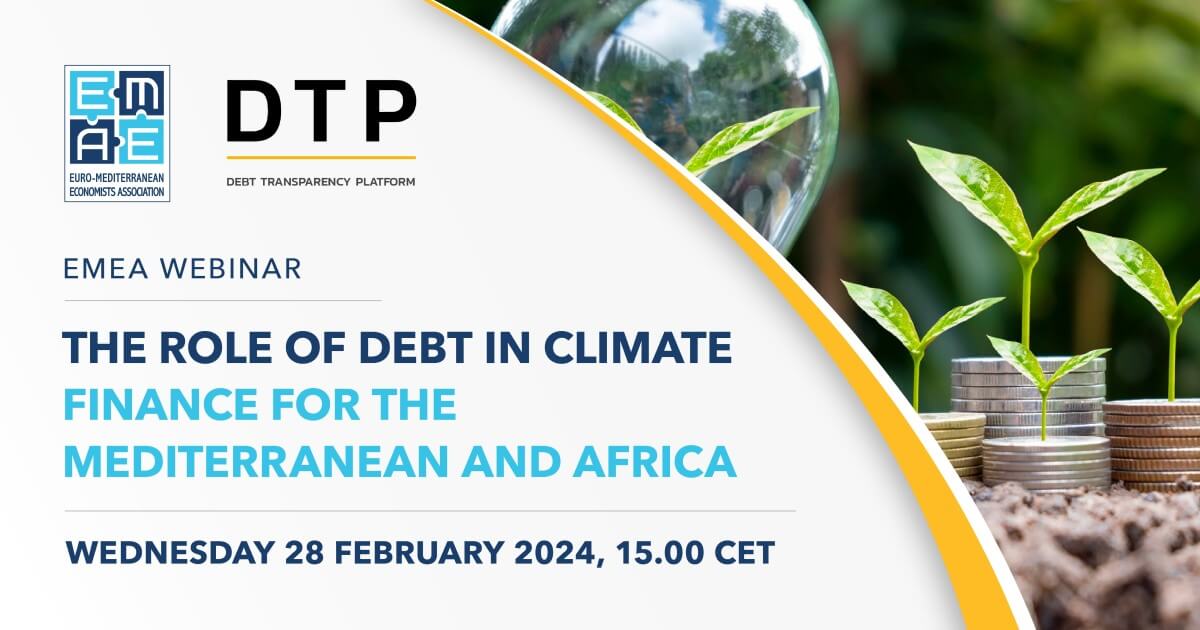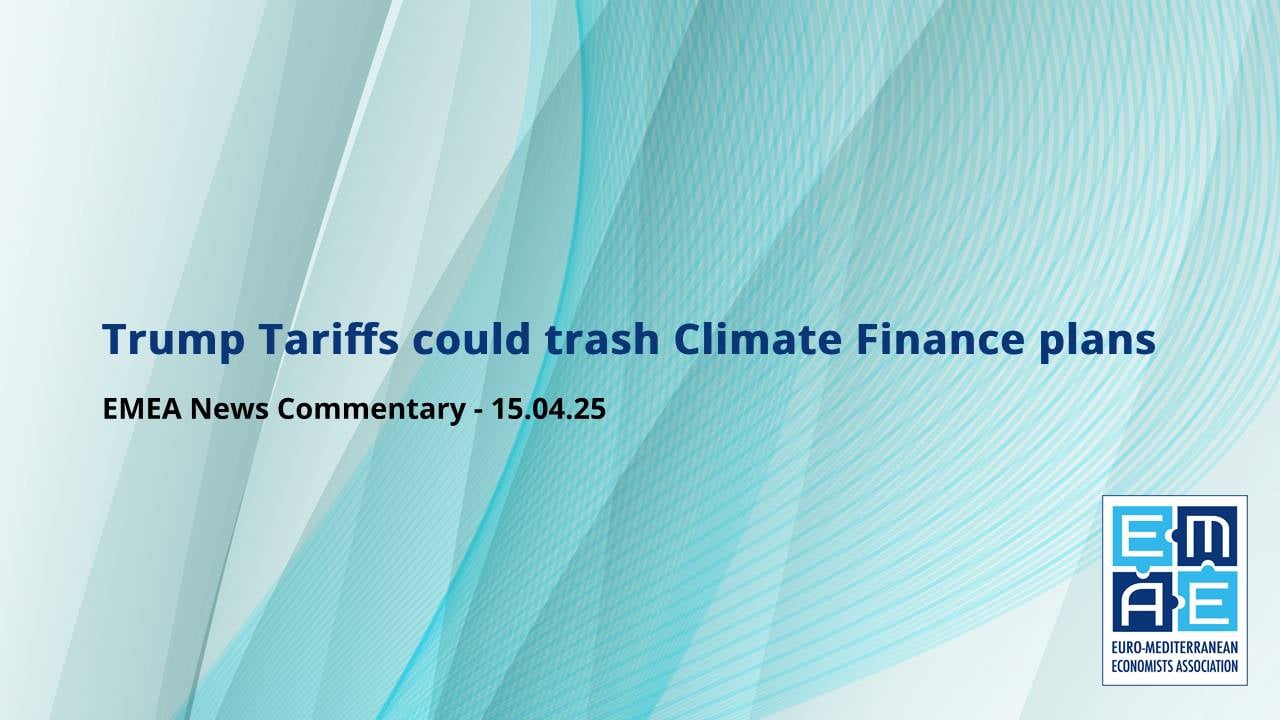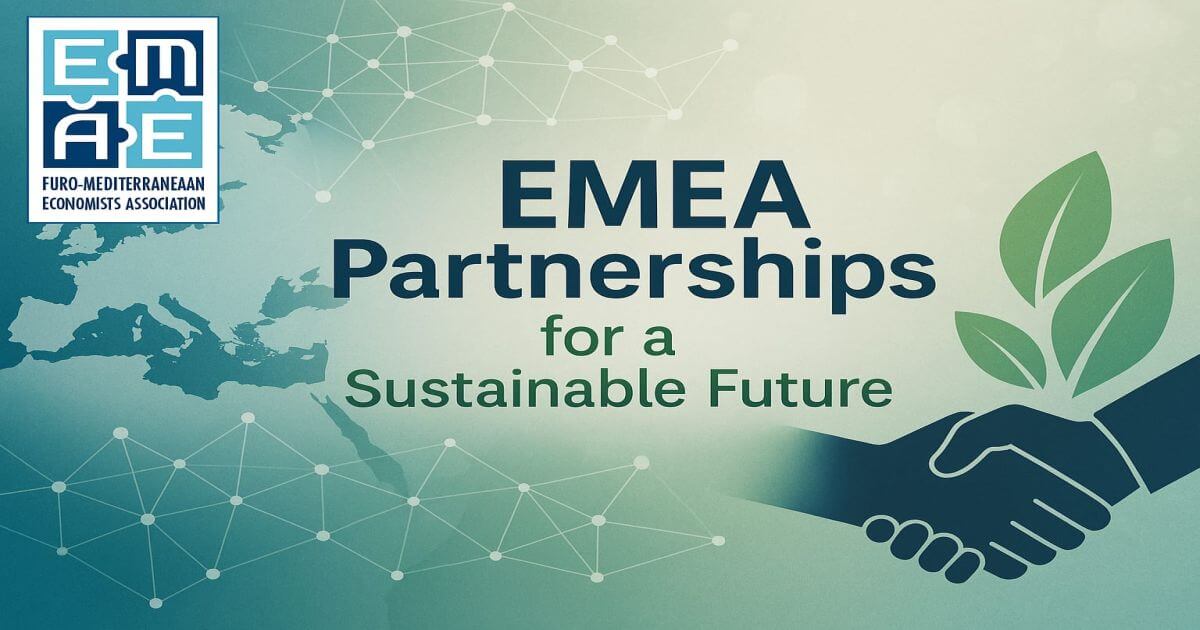Climate change is one of the world’s greatest challenges, and developing countries are those paying the highest price for its impacts with a lack of instruments to mitigate and adapt. Overall, Africa is one of the lowest contributors to the greenhouse gas emissions causing climate change, yet key development sectors have already experienced widespread losses and damages attributable to human-induced climate change, including biodiversity loss, water shortages, reduced food production, loss of lives and reduced economic growth. .
Many African countries are grappling with high levels of debt and elevated interest rates meanwhile a stronger dollar makes it more expensive for African countries to service dollar-denominated debt, leading to increased debt distress. In the Mediterranean region, countries like Egypt and Tunisia are particularly at risk, with debt levels exceeding 80% of GDP in both countries, making their economies extremely sensitive to future interest rate hikes and at risk of a debt crisis, while Lebanon defaulted in 2020. The heavy indebtedness of the region hampers national capacity to build and implement adaptation and mitigation strategies.
In 2020, EMEA launched the Debt Transparency Initiative to enhance knowledge about debt related issues, particularly in low-income countries (LICs) and lower-middle-income countries (LMICs). Under this initiative, the webinar will explore recent developments in terms of debt trends and initiatives in the Mediterranean and Africa, and the expectations for the next G20.
The webinar is organised by the Euro-Mediterranean Economists Association (EMEA) and will take place on Wednesday 28 February 2024, 15:00 – 16:30 CET, on Zoom.
During the webinar, EMEA will present some policy recommendations resulting from a recent published policy paper, then several experts will present their views and recent research to discuss new innovative perspectives on the future of (African) debt.
Link to the Debt Transparency Platform





